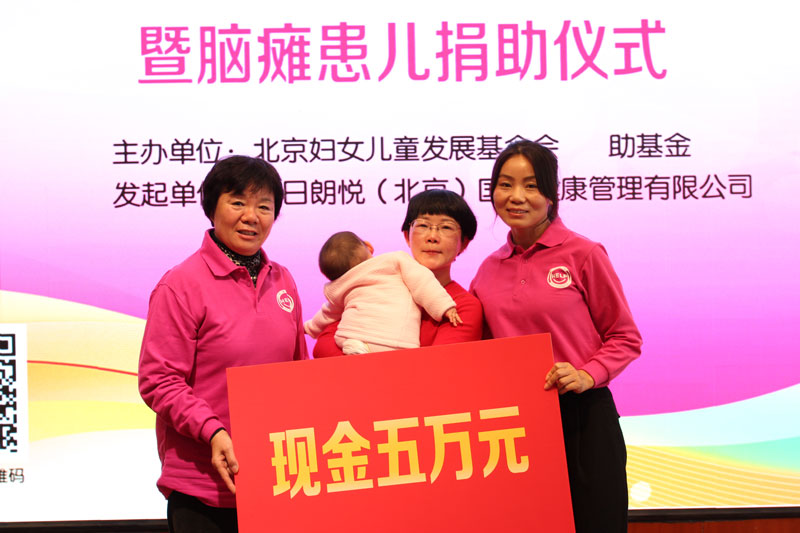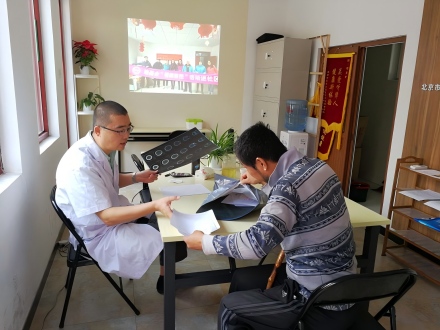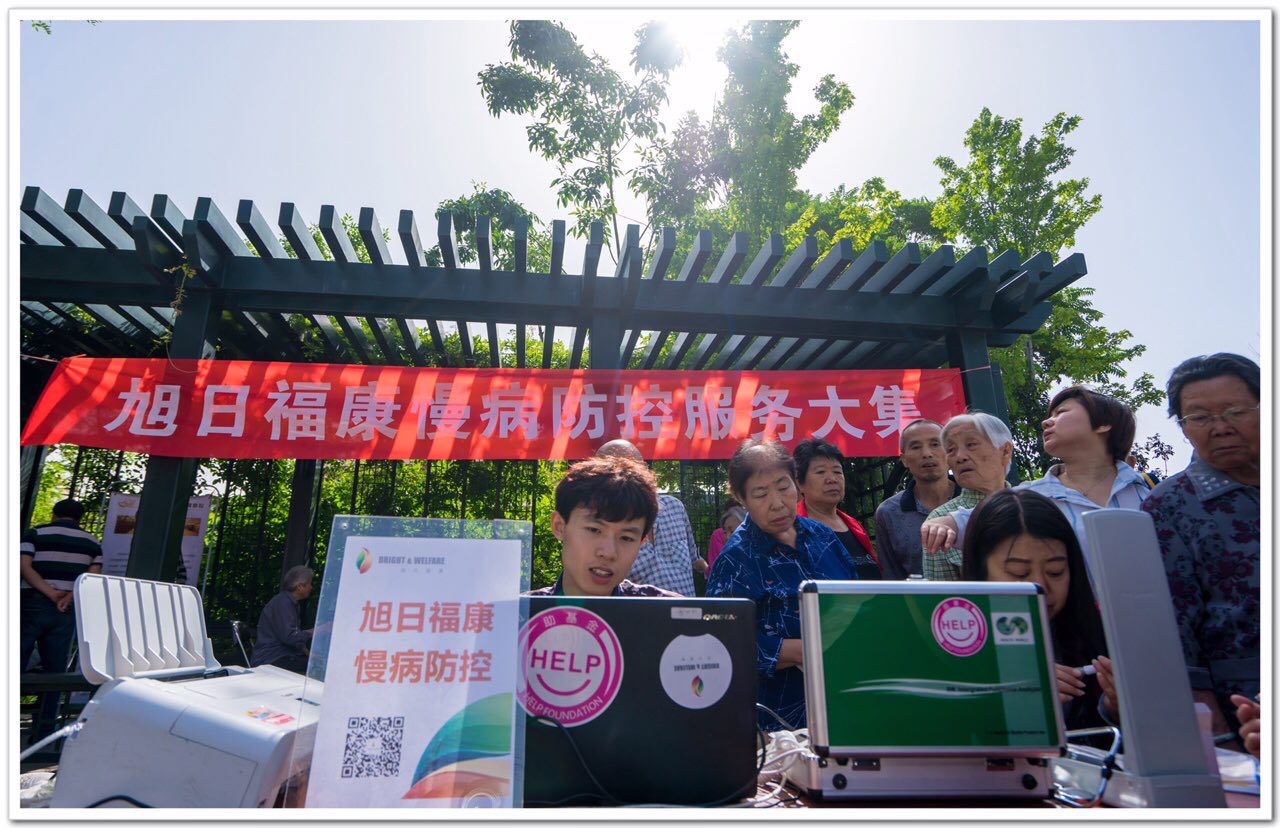


A number of highly specialised hospitals, provide professional treatment.
A strong team of doctors and nurses, bring international medical expertise.
With 20 years of experience in the treatment of integrated Chinese and Western medicine.
24 hours a day uninterrupted medical care so that patients can receive the best treatment.
We strive to bring health and happiness to more families. Our mission is to advance community health and accelerate healthcare equity. Globally, we share knowledge and shape policies to create a healthier world for all.


